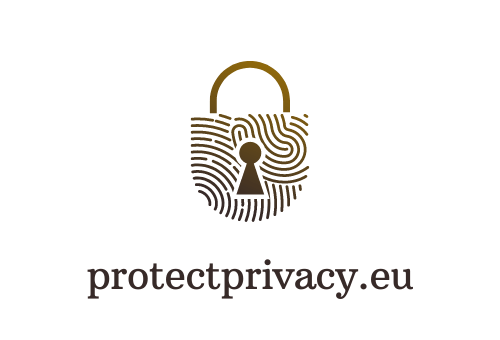Decentralized Identity: A New Frontier in Online Privacy

In this day and age of technology, our identity serves as the backbone of nearly every facet of our existence. The ability to access online services, establish bank accounts, participate in elections, procure real estate, and gain employment all rely on the validation of one’s identity. Unfortunately, conventional methods of managing identity have long been dependent on centralized third-party entities that dispense, retain, and govern not only your identifiers but also your endorsements. Consequently, you have no authority over your identity-associated data, or the ability to regulate who may obtain access to your personally recognizable information (PII) and the degree of that access.
The Emergence of Decentralized Identity Systems
To address these challenges, we now have decentralized identity systems built on public blockchains like Ethereum. These systems empower individuals to manage their identity-related information. With decentralized identity solutions, you can create identifiers and claim and hold your attestations without relying on central authorities, like service providers or governments.
The Role of Blockchain in Decentralized Identity
The notion of decentralized identities fundamentally differs from the centralized identity management that big entities such as Google and Meta Platforms (formerly Facebook) employ. These decentralized identifiers conspicuously do not rely on centralized servers. Rather, they’re typically hosted on distributed ledgers (blockchains) or peer-to-peer networks. This unique approach yields globally singular decentralized identities that are cryptographically verifiable, maintain high availability, and can be resolved with ease. Furthermore, a decentralized identifier, which can be linked to entities that include people, organizations, or government institutions, is an adaptable and versatile system.

Web3 and the Evolution of Digital Identity
The fundamental principle underpinning Web3 is to fashion a decentralized and egalitarian digital environment that empowers users to seize control of their personal data. To traverse this nascent realm, our individual persona is transmuted into digital manifestations, which document crucial facts like our usernames, passwords, browsing history, and previous dealings.
An array of decentralized identity systems has emerged within the realm of Web3, providing users with greater control over what information they disclose and to whom. The movement’s objective is to eliminate our dependence on a select few entities who currently wield authority over our online identities, and instead, enable our digital personas to accompany us wherever we venture into the digital world. This forward-thinking approach emphasizes the importance of safeguarding our privacy and autonomy in a tech-driven society.
The Future of Decentralized Identity
While traditional identity tools use centralized methods to store and control user data, decentralized identities integrate blockchain concepts to remove the reliance on third parties. By providing a consistent, interoperable, and tamper-proof architecture, blockchains enable the secure management and storage of PII, with significant benefits for organizations, users, developers, and Internet of Things (IoT) management systems.
As we wrap up our discourse, it’s safe to say that decentralized identity heralds a novel chapter in safeguarding online privacy. It presents a viable antidote to the conundrums of data ownership, regulation, confidentiality, and assurance in the era of digitization. With the exponential growth of blockchain technology, we can anticipate a plethora of advanced and ingenious decentralized identity applications that will revolutionize the management and governance of our digital personas.







